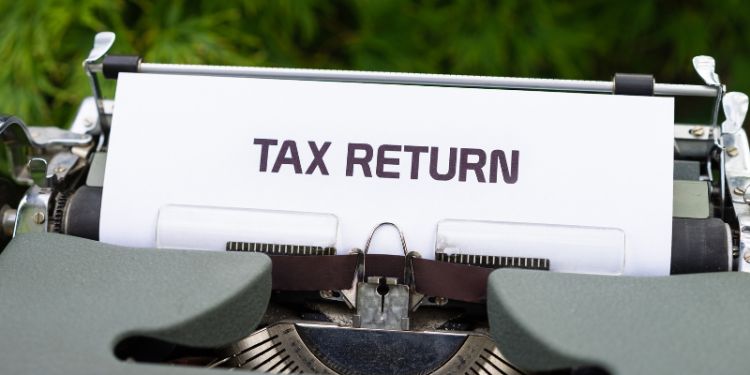'The Stakes Could not be Higher': School of Law Professor Rita de la Feria is on a Mission to Change Hearts, Minds, and Policy on Taxation

Professor de la Feria’s recent work has had international impact, ranging from helping to change Brazilian tax policy, to contributing to major news outlets.
The School of Law’s Professor Rita de la Feria has been on a quest to reform taxation policy, and to promote awareness of the impact of taxation on people’s lives. She contributed, for several years, to Brazil’s legislative debate on major taxation reform, which was approved in December 2023.
She has also recently discussed a possible reform of UK VAT post-election in The Telegraph (October 2023), and weighed in on the end of Portuguese tax breaks for wealthy and high-skilled immigrants for the BBC (October 2023), and for Radio France (January 2024). This January, on a podcast with Brussels-based non-partisan thinktank Re-Imagine Europa, which was published by several media outlets across Europe (Portugal, Spain, and Belgium), Professor de la Feria breaks taxation down to its fundamental principle, namely the act of pooling resources to ensure the provision of essential services. She says:
[Taxation] is actually a fascinating concept at the centre of what we are as societies.
When viewed through this lens – as a remarkable collective effort to provide hospitals, schools, policing, not just for those who can afford it but for everyone – taxation can take on a life outside of the popular conception of it as a boring excel spreadsheet.
The real-world implications of tax policies on lives are both enormous, and enormously varied. Professor de la Feria’s work shows how tax policies can have unintended consequences, as reflected in Portugal’s decision to end the non-habitual resident regime. They can be overly complex and a deterrent to investors, such as in Brazil’s pre-reform tax system. They can promote healthier lifestyles, ie with excise taxes on items like sugar. They can affect decisions to engage in personal trading, ie on sites such as eBay, Vinted, or Airbnb. There are also complex issues surrounding personal income tax in an increasingly globalised and digitalised society, whereby individuals can be mobile: residing in one country whilst working in another. It is within this complexity that Professor de la Feria is focused.
There are invariably trade-offs within any taxation system, and this is something that she addresses on a BBC Radio 4 PM discussion (September 2023) which concerns trade-offs such as: lower taxes vs better public services, and simplicity and efficiency vs fairness and equity. She also comments on a BBC Radio Leeds conversation regarding recent changes to HMRC taxation rules around online trading (5th January 2024).
In an Op-Ed penned in December 2023 for the Guardian she helps to dispel popular myths around the tax debate, writing, ‘in tax systems “there’s no such thing as a free lunch”’. She explains the positive correlation between higher taxes and better standards of public services, but when the standards of services drop, so too does ‘tax morale’, ie our willingness to pay taxes. In the same article she explores how, when it comes to green initiatives, there is also a trade-off between protecting those on the lowest incomes and prioritising environmental concerns. She urges the reader to look at a tax policy from all angles. She writes:
Tax policy has the potential to make a meaningful change to the standard of living of everyone in this country, and, if we are lucky, contribute to the greater good and help save the planet in the process.
It is her hope that, with a deeper understanding of how taxation policies can impact lives, and an acceptance that there are very few simple answers, taxation can be used as a tool for greener, richer and more equitable societies.
Professor Rita de la Feria is a member of the Centre for Business Law and Practice.




